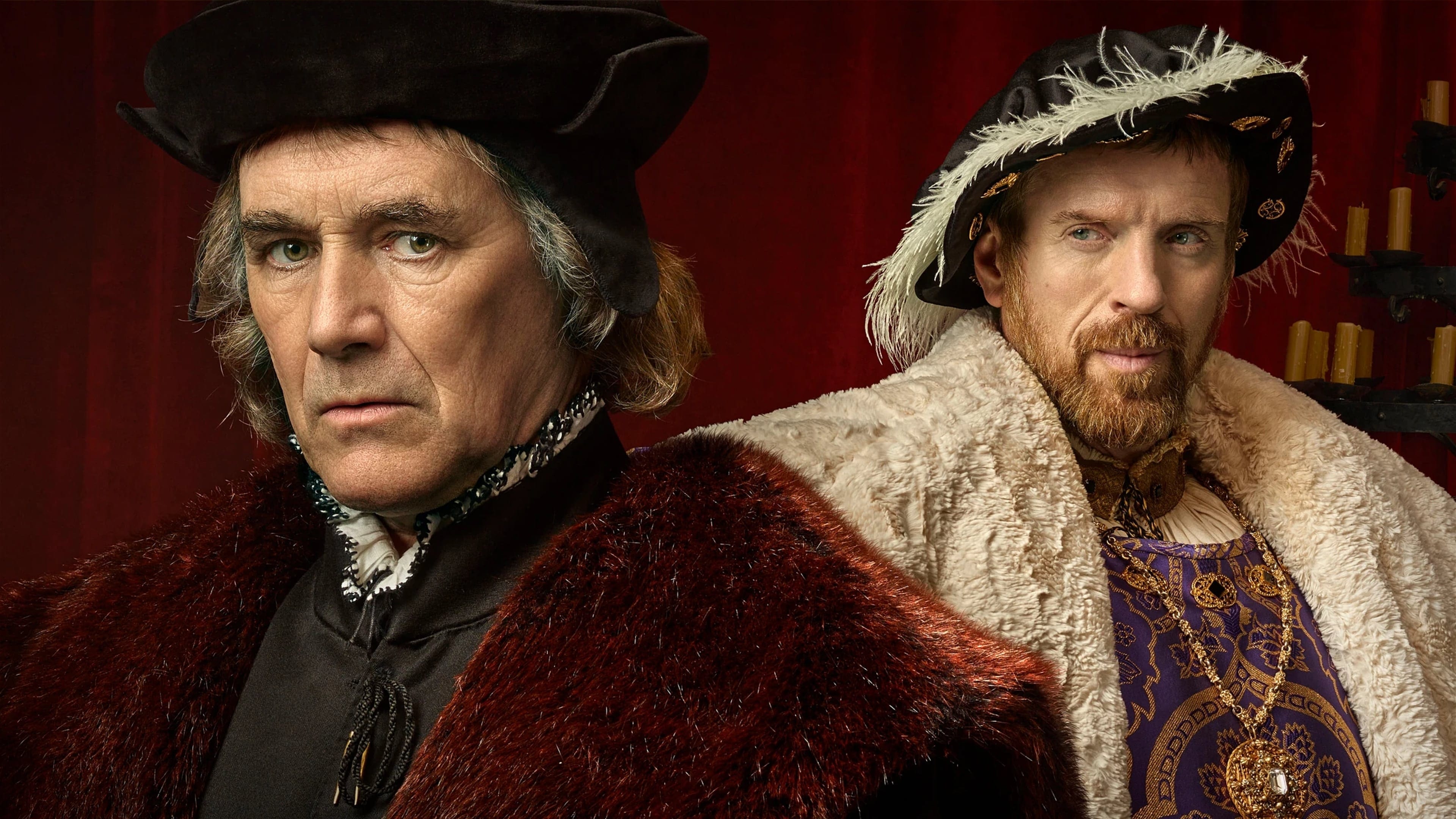Based on Hilary Mantel's imaginative novels "Wolf Hall" and "Bring Up the Bodies" this six part drama tells the story of the machinations at the court of England's King Henry VIII (Damien Lewis) as he falls in lust then love with Anne Boleyn (Claire Foy). Her refusal to join the ranks of his mistresses means the king has to find a way to extricate himself from his twenty year marriage to Katherine of Aragon (Joanne Whalley). Trying to get the Pope to agree to the annulment is the tricky task that falls to Wolsey (Jonathan Pryce) - the Chancellor who has an whole slew of enemies waiting for him to fail. The one man who is steadfastly in Wolsey's corner, though, is the ambitious and shrewd lawyer Thomas Cromwell (Mark Rylance) and with the Cardinal's position becoming more precarious by the day and the king's infatuation becoming more dangerous for any opposition, the scene is set for some high political manoeuvring. This dramatisation offers us a different timeframe for it's chronology than we are more used to, and isn't so focussed on the person of the king. It's told more from the perspective of the ambitious and scheming Cromwell who learns quickly how to walk on the eggshells that are strewn all over the Tudor court. The assembled cast deliver strongly as the power vacuum constantly needs filling - Bernard Hill's Duke of Norfolk isn't a man to mess with; Anton Lesser offers a far less benign Sir Thomas More than was written in the more famous Robert Bolt "A Man For All Seasons" novel, Lewis serves well as the lovestruck and increasingly desperate (for a son) monarch who comes to rely more and more on his new advisor and then there's Rylance himself who delivers a considered, subtly menacing and calculating, leading role as temperatures begin to rise. It's fairly faithfully adapted by Peter Straughan to provide this speculative but mischievously entertaining glimpse into the lives of a group of powerful and/or power-hungry people you wouldn't trust if your life depended on it - and frequently, it does! Weak spot? Well that's Foy. She speaks the lines well enough, but her heart isn't in it enough and her characterisation simply lacks depth. For that we are better with the much more exploitative depiction from Charlotte Rampling ("Anne of the Thousand Days" - 1969). Visually, the attention to the aesthetic detail is typical of the BBC - highly polished period drama with great costumes and some great locations including Penshurt Place which was used by the corporation back in 1971 for "Elizabeth R". It's history, so we know who thrives and who gets their comeuppance, but this narrative still unfolds with enough intrigue and complexity to illustrate well the culture of fear, superstition and violence that prevailed in 16th century England.


